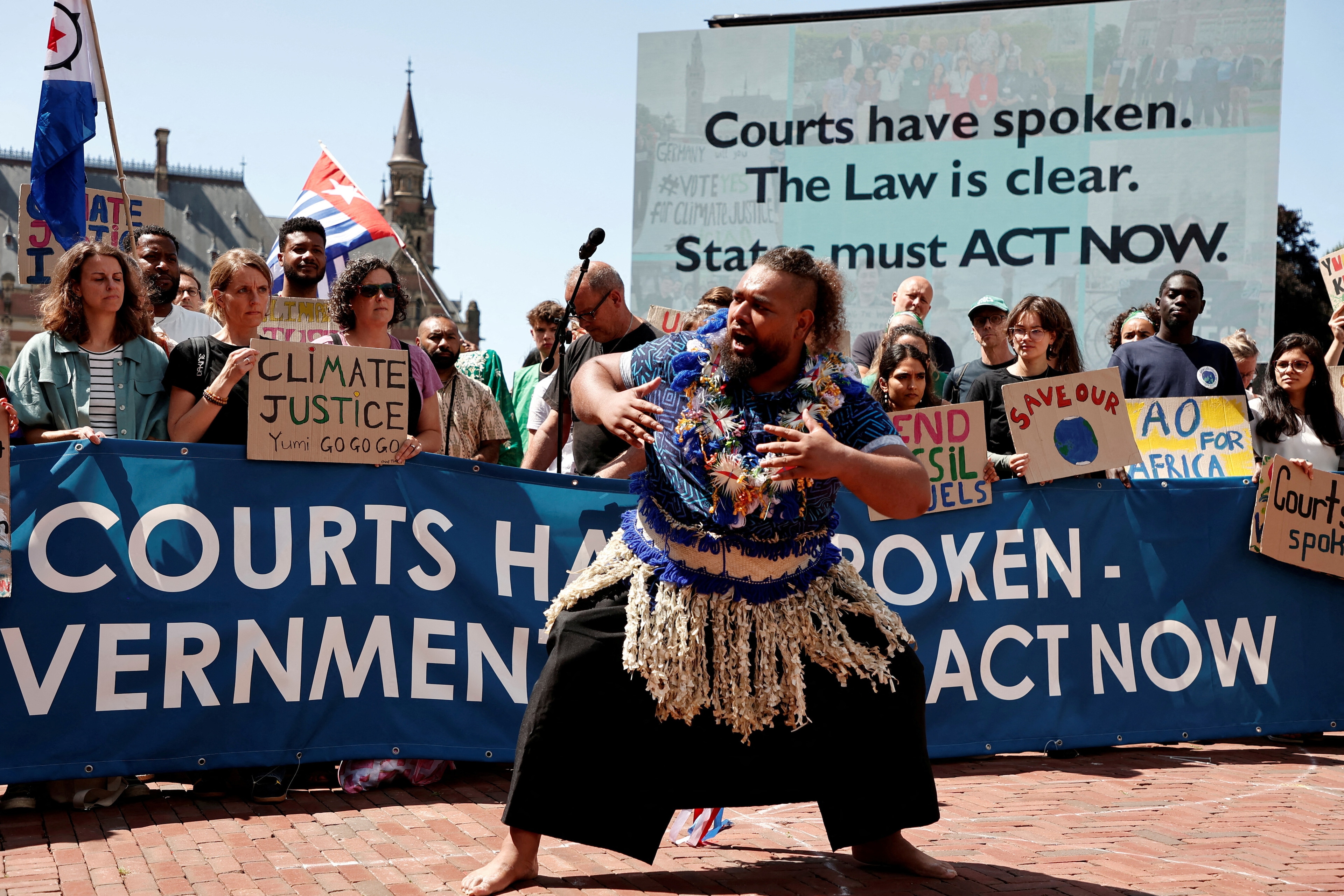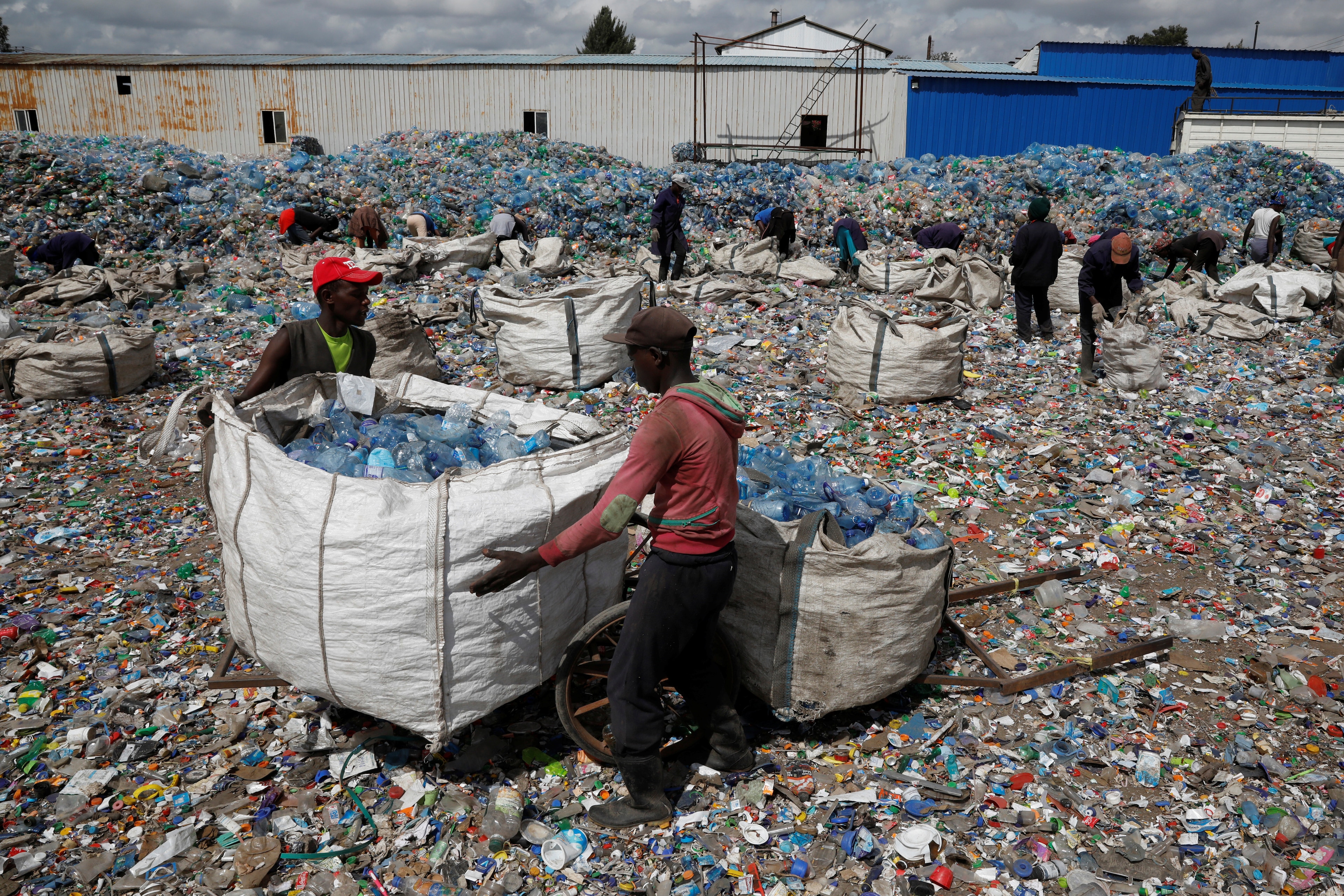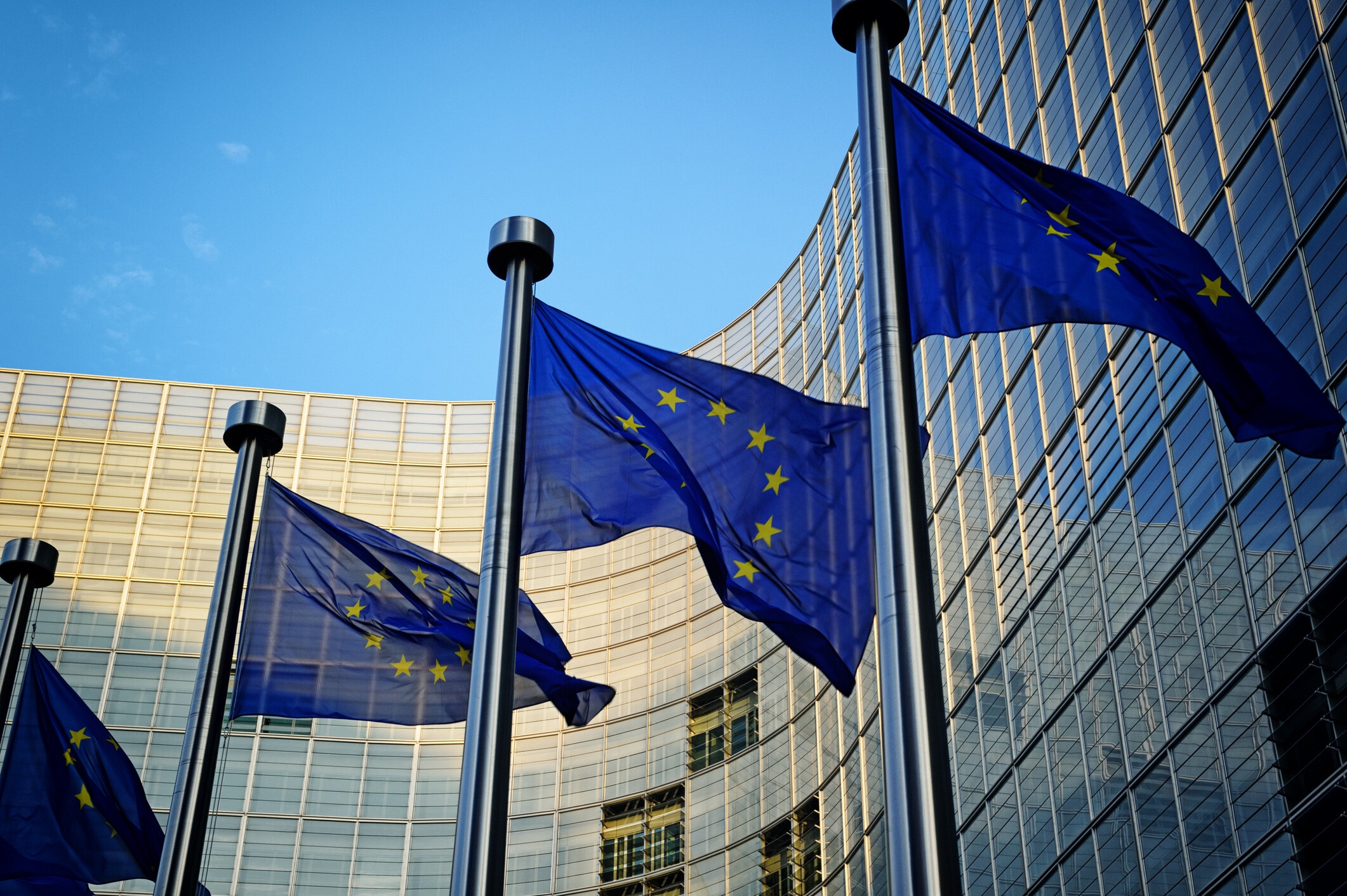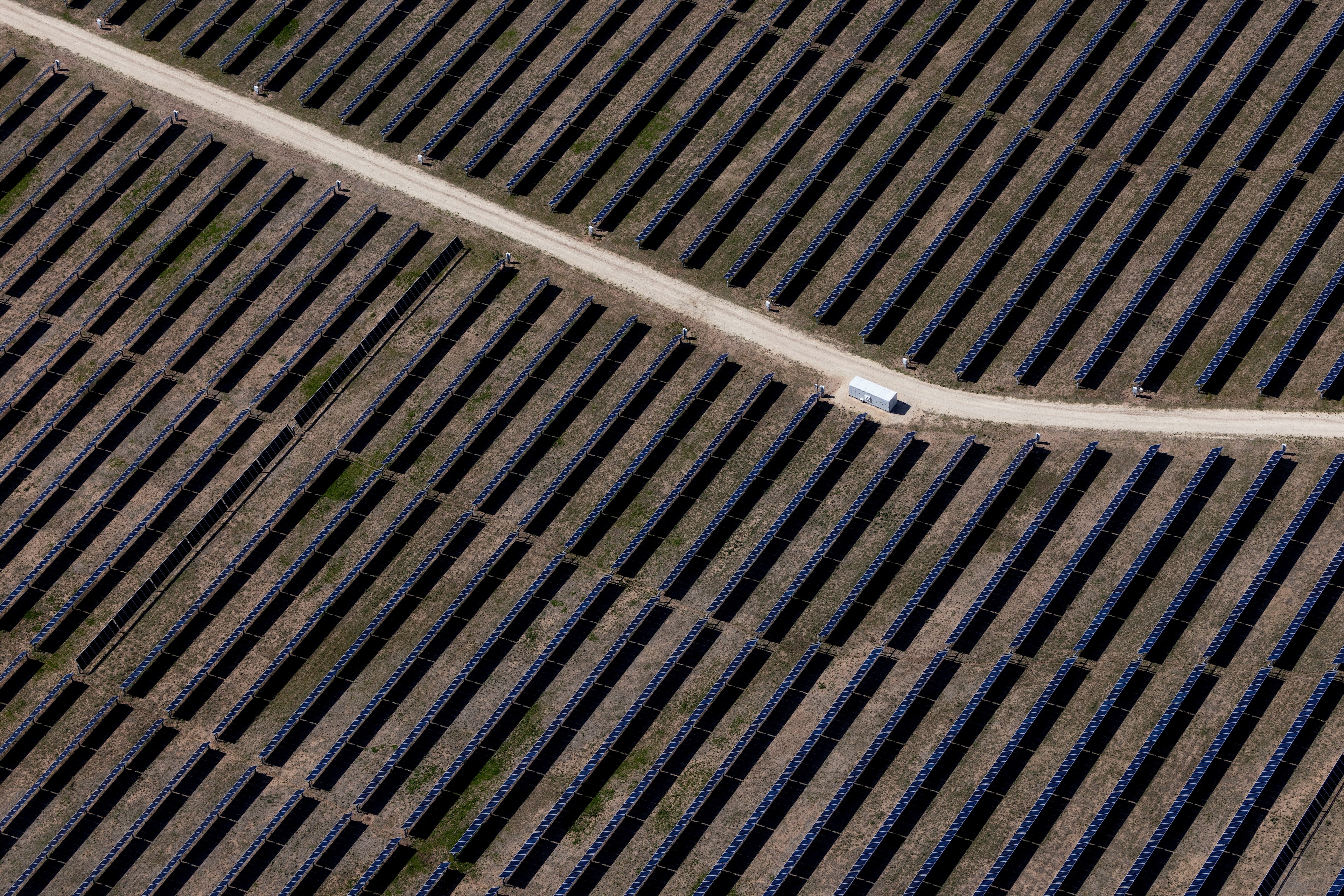Ocean 20: Powering a sustainable ocean for a buoyant global economy
A sustainable ocean is vital for a healthy global economy
Image: Photo by Joseph Barrientos on Unsplash
Stay up to date:
COP28
- Ocean 20 launches on 14 November 2022 to start an official dialogue to boost lasting, equitable, resilient growth for G20 countries through a sustainable ocean economy.
- A healthy sustainable ocean powers a healthy global economy, but human activity and climate change have severely damaged the ocean.
- Businesses and government leaders on the global, regional and national stages must play a definitive role in returning the ocean to optimal health.
There has never been a better – and more urgent – time for building resilient growth based on the foundations of a sustainable ocean economy. That moment has come for G20 countries, coinciding with the Leaders’ Summit in Bali during Indonesia’s G20 Presidency.
We are excited about the launch of Ocean 20: an Official Dialogue of the G20 designed to boost lasting, equitable, resilient growth for G20 countries through a sustainable ocean economy. It is co-led by the Government of Indonesia in partnership with the World Economic Forum and developed alongside country leaders, partners and other stakeholders.
Accept our marketing cookies to access this content.
These cookies are currently disabled in your browser.
What's the World Economic Forum doing about the ocean?
The ocean is in deep trouble
The ocean already contributes massively to the global economy, through resources, jobs and livelihoods, as well as food and transport, but it also has the potential to be a major source of clean energy through wave, solar and offshore wind power. A healthy ocean is also critical to regulating the climate and weather systems and is the largest carbon sink on the planet.
Yet, several major anthropogenic drivers are causing a severe decline in the ocean’s health. These are familiar to us all: rampant global warming causing climate change, which, in turn, accelerates ice melt, rising sea levels and acidification. Much of the world’s pollution, from plastics to chemicals and more besides, ends up in the ocean. While the overexploitation of marine biodiversity, especially through overfishing and the lack of cohesive and sustainable harvesting strategies, is causing significant species decline.
Business and government leaders on the global stage – as well as at local, national and regional levels – can and must play a definitive role in reversing this paradigm. Individually and together, G20 leaders across sectors can address market drivers and improve business operations; ensure effective governance, policy design and implementation; and, increase the adaptability and resilience of ocean and coastal ecosystems through sound, sustainable practices.
Everyone has a role to play toward a sustainable ocean economy
We must all hold each other to account for the sake of our children and generations to come, as much as for the long-term viability of businesses and economies. We cannot live or prosper without a healthy, thriving ocean.
Prioritizing a sustainable ocean economy will bring multiple benefits for people, businesses, nature and the climate and the G20 can play a pivotal role in leading this agenda. G20 countries are all coastal states, with 45% of the world’s coastlines among them, and they hold jurisdictional responsibility over 21% of exclusive economic zones. The G20 also accounts for 60% of the world’s population and 80% of the world GDP, 80% of global carbon emissions and 75% of global trade.
By leading the way with a sustainable ocean economy, G20 leaders can light the path ahead and demonstrate that it makes business sense, as much as social and environmental sense. Everything is connected.
Dive into Ocean 20
Ocean 20, the new sustainable growth strategy for the G20, led by the World Economic Forum with the Government of Indonesia, is launching on 14 November 2022, ahead of the G20 Leaders' Summit in Bali, Indonesia. It is being proposed as an Official Dialogue of the G20 to be passed between presidencies.
Ocean sustainability must be on the agenda of global public and private sector leaders for the lasting prosperity of people and the planet alike.
Accept our marketing cookies to access this content.
These cookies are currently disabled in your browser.
- Read more in our whitepaper, What Ocean Sustainability Means for Business, published by the World Economic Forum with the Boston Consulting Group.
- Follow news and updates on the Ocean 20 website.
Accept our marketing cookies to access this content.
These cookies are currently disabled in your browser.
Don't miss any update on this topic
Create a free account and access your personalized content collection with our latest publications and analyses.
License and Republishing
World Economic Forum articles may be republished in accordance with the Creative Commons Attribution-NonCommercial-NoDerivatives 4.0 International Public License, and in accordance with our Terms of Use.
The views expressed in this article are those of the author alone and not the World Economic Forum.
Forum Stories newsletter
Bringing you weekly curated insights and analysis on the global issues that matter.
More on Nature and BiodiversitySee all
Tom Crowfoot
July 30, 2025
Oliver Kade, Sarah Hadley and Judith Ketelslegers
July 28, 2025
Nasim Pour, Sebastien Cross and Joel Gould
July 28, 2025
Elena Raevskikh and Giovanna Di Mauro
July 23, 2025
Arunabha Ghosh and Jane Nelson
July 22, 2025






